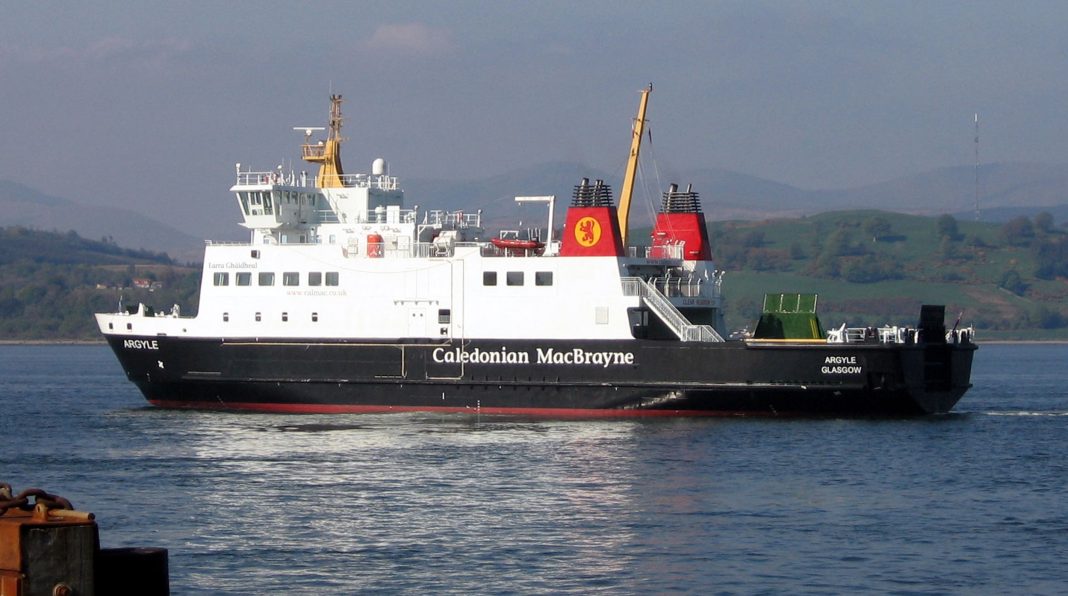A new independent report by Jeanette Findlay, Economics Lecturer at Glasgow University and analyst of the economics of Scottish ferries, has reinforced the case of keeping Cal Mac in the public sector and warned of the dangers of privatisation.
The report, commissioned by the CalMac union RMT, was launched in the Scottish Parliament on 1 March and concluded that there was an overwhelming case for keeping the operation of lifeline ferry services in the public sector.
These include: Cal Mac has operated in an efficient, innovative and strategic way on the current CHFS contract and has shared with the Scottish Government all the benefits of cost savings.
Cal Mac has the potential to be a leader for the economy as a whole in delivering fair work, good quality work, training and innovation, as well as a good quality service to passengers and the public.
In contrast, there was much less evidence that Serco Caledonian could or would wish to play that role and its motivation and focus in winning the CHFS tender is naturally based on its status as a profit-seeking entity.
The report finds that Serco Group, the owner of Serco Northlink, has an extremely troubled history in relation to its public sector contracts; it has no significant experience in the maritime industry and its financial health and business model raise concerns.
The economic value of a public sector provider to the fragile island economies and to the Scottish economy remains enhanced relative to that of the private sector provider examined here and, possibly, relative to that of any private sector operator.
RMT General Secretary, Mick Cash said: “This is a sober analysis of the economic case for keeping CalMac public which finds, resoundingly in favour of the 2016-24 CHFS contract being awarded to CalMac, in order to preserve and increase the considerable economic benefits of publicly funded services, good employment and training standards already in place. Scottish taxpayers, ferry workers and passengers cannot afford these lifeline services being placed by the Scottish Government into the hands of Serco who would seek to drain profit from lifeline Scottish ferry services.”


